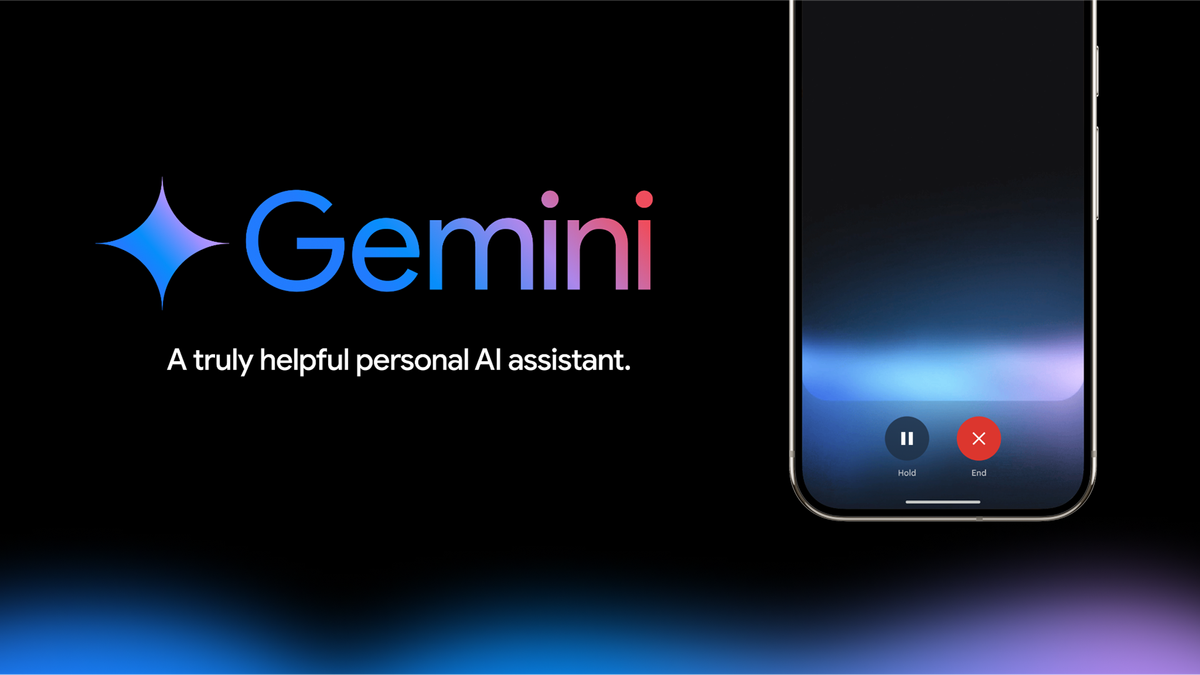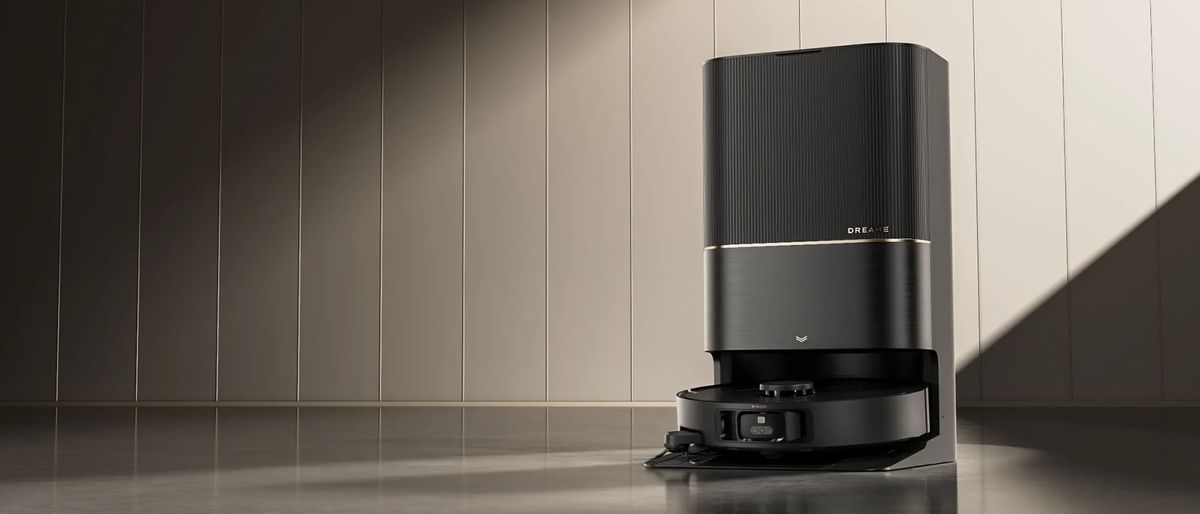There’s a good chance you own a couple of gadgets that support wireless charging now, be it your iPhone or Android phone, wireless earbuds or smartwatch. Multi-device wireless chargers can help power them all up in one place, without the need for a bunch of cords messing up your space. There are dozens of these accessories out there today, and we’ve tested a bunch of the most popular models. You’ll find out top picks below for the best wireless charging stations, plus some advice on how to choose the right one for your needs.
Table of contents
Best wireless charging pads
It doesn’t get much better than Belkin’s most advanced model of wireless charger if you’re an Apple devotee. The high-quality BoostCharge Pro 3-in-1 pad offers 15W MagSafe charging for your iPhone, fast charging for the Apple Watch and a space for AirPods Pro or other earbuds with Qi-compatible cases. The base is weighty, covered in rubberized plastic and includes a discreet status light for your earbuds. More importantly, it supports more devices than you might think. Although the Pro pad uses MagSafe, the horizontal layout lets you charge virtually any phone at reduced speeds. We also have to give Belkin kudos for one of the most convenient Apple Watch chargers we’ve seen. It not only works horizontally and vertically, but includes a knob to adjust for different sizes and third-party cases.
This is quite large compared to some 3-in-1 chargers, so it’s not the greatest choice for a nightstand. Consider the smaller footprint of its counterpart, the BoostCharge Pro 3-in-1 Wireless Charger with MagSafe 15W, if you have an iPhone 12 or newer. You also won’t find USB ports, and the indented earbud pad rules out a second phone. Still, it’s easily worth the $150 asking price.
Pros
- Supports three devices at once
- Supports 15W MagSafe charging for iPhones
- Can adjust to support different Apple Watch models
Cons
- A little large and heavy
There are many quality high-end chargers to choose from, but Logitech’s Powered 3-in-1 Dock offers a few features that help it rise above. It consumes relatively little space, and the rubberized horizontal and vertical chargers deliver up to 10W while gripping your devices tightly, so both you and your partner can top off.
It has a few limitations, though. The vertical stand isn’t well-suited to the iPhone 13 mini and other small phones. And while the floating stand works with most Apple Watches, heavier ones tend to sag (such as this author’s steel Series 5 with a Leather Link strap) and might not charge properly. If those aren’t issues, though, your $130 will be well-spent.
Pros
- Compact design
- Supports three devices at once
- Vertical spot supports up to 10W of power delivery
Cons
- Vertical spot isn't the best for smaller phones
You can find plenty of more affordable 3-in-1 chargers. Few, however, offer quite as much for the money as the Anker 533 Wireless Charger Stand. It offers an adjustable-angle 10W vertical stand and lets you charge an Apple Watch either horizontally or vertically. There’s also a 20W USB-C power adapter in the box, so you won’t have to buy an aftermarket brick (or rely on proprietary cabling) to get started.
The limitations mostly stem from the cost-cutting measures. You probably won’t have room for a second phone. And like some chargers we’ve seen, the Apple Watch mount is a bring-your-own-cable affair that only supports older USB-A connections. The included cable with your Series 8 or SE won’t work here. At $58, though, this 3-in-1 wireless charging stand is a good bargain.
Pros
- Affordable
- Supports three devices at once
- Adjustable 10W vertical charging spot
- Includes a 20W power adapter in the box
Cons
- Must bring your own cable to charge Apple Watch
The 2-in-1 field is highly competitive and makes it difficult to choose an absolute winner. However, Mophie’s Dual Wireless Charging Pad hits many of the right marks. It can charge two Qi-certified devices at up to 10W each, making it a great pick for a two-phone household. The fabric surface with rubberized trim should keep your gadgets steady, and the status lights will confirm accurate placement. There’s even a USB-A port to plug in your watch charger or any other wired hardware.
The complaints are few. You won’t charge at 15W, and we’d rather have USB-C than USB-A. It’s nonetheless a safe choice at $80, and worth buying over less expensive options.
Pros
- Can charge two devices simultaneously, both with 10W
- Attractive design
Cons
- No included USB-C port
Multi-device chargers from phone manufacturers tend to be either compromised or highly proprietary, but Samsung’s Fast Charger Duo (sometimes known as the 15W Duo Fast Wireless Charger) bucks that trend. It’s compact and delivers high-speed charging for one phone and an accessory, whether it’s a Samsung Galaxy Watch or another manufacturer’s earbuds. The status lights will even dim at night, and change color to indicate when your batteries are full.
This won’t help for two-phone households, and Samsung only guarantees 15W charging for some of its own phones (the Galaxy Note 10, Galaxy S20 and later). You’ll also want to be mindful of which version you buy, as there are variants with and without a power adapter in the box. Neither is cheap at respective prices of $90 and $70. This remains an elegant charger for nightstands and travel, though, and the pads are sufficiently device-agnostic.
Pros
- Supports 15W charging
- Compact design
Cons
- Power adapter included only with certain variations
There are few wireless chargers built with more than one person in mind, but Mophie’s 4-in-1 Wireless Charging Mat is the most well-rounded of the bunch. The pad can handle up to four devices wirelessly at 10W, including two phones and two accessories. There’s also a spare USB-A port for charging earlier Apple Watch models (using the included mount and your own cable) or wired items. A fabric surface, subtle device trays and indicator lights will also take the mysteries out of charging.
This is a giant charger compared to most, and you might find it limiting if your home has more than one Apple Watch or accessories that won’t fit the smaller charging pads. Even so, Mophie is offering considerable value for $150. The 4-in-1 does more than some 3-in-1 chargers at that price, and it doesn’t suffer the compatibility issues of rivals like Nomad’s Base Station Pro.
Pros
- Supports up to four devices at once
- Attractive design with indicator lights make it easy to use
Cons
- Large footprint
- Must bring your own cable to charge Apple Watch
Do wireless charging pads work with any phone or device?
It won’t be shocking to hear that your smartphone choice influences your choice in a wireless charger. Only iPhone owners will need to consider Apple Watch compatibility. Likewise, you’ll need an Android phone if you expect to power a Galaxy Watch. Buy an iPhone 12 or newer and you can attach your phone magnetically using MagSafe, while the latest Android phones often have some form of fast Qi wireless charging.
However, it’s not simply a question of getting the fastest charger. You should consider what you might buy in the future. Don’t buy a two-device charger if you have an iPhone and AirPods, but have been eyeing an Apple Watch. And if you think you might switch to an Android cell phone (or vice versa), you’ll want to get something more generic that doesn’t lock you into any one ecosystem.
Some chargers include cradles, trays and other features that are heavily optimized for particular products, and might not even account for year-to-year changes. Some vertical stands are too tall for small phones like the iPhone 13 mini, for instance. While you can never completely guarantee that next year’s phone or watch will work, it’s worth buying something more likely to last.
Having said all this, don’t be afraid to get a charger with vendor-specific features if you’re fiercely loyal to one brand. Apple isn’t expected to ditch MagSafe any time soon, and Samsung will likely keep making Galaxy Watches for a while to come.
How to pick the best wireless charging pad for your needs
Even without a charging cable to worry about, you’re probably buying a multi-device wireless charger with one location in mind. It might sit on your nightstand or on your desk. Not everyone buys a charger just for themselves, though; you might want to use one as a shared station for you and a partner.
If the charger will sit on your nightstand, you’ll likely want a compact, stable unit that won’t swallow all your free space or tumble to the floor (and if it does fall, one with enough durability to survive). You may also prefer a lay-flat phone pad so your screen is less likely to keep you awake. The Apple Watch and some other smartwatches can double as tiny alarm clocks, so you might want a vertical charging option for any wristwear.
At a desk, however, you may want a vertical phone stand so you can check notifications. Will the charger sit on a low table? Horizontal charger pads may make it easier to grab your devices in a hurry. Travel chargers should fold up or otherwise protect the pads while they’re in your bag. And, yes, aesthetics count. You may want something pretty if it’s likely to sit in a posh room where guests will see it.
For vehicles, consider a wireless car charger if you frequently need to top off your device on the go. These chargers combine convenience with functionality, ensuring your phone stays powered while you’re navigating and taking calls at the same time.
If it’s a shared charging station, you’ll want something with multiple generic surfaces, and you’ll probably have to forgo charging more than one watch at a time. In those cases, consider the handful of 4-in-1 wireless chargers on the market, or models with USB ports.
Wireless charging speed and performance
It’s no secret that wireless charging is typically slower than wired, and powering multiple devices adds a new wrinkle. As these chargers often have to support a wide range of hardware, you’ll have to forget about the fastest, device-specific options from brands like Google, OnePlus and Samsung.
That’s not to say these will be slow, but there just isn’t much separating them on the charging speed front. As a general rule, the quickest multi-device chargers tend to top out at 15W for phones. And you’ll need an Apple MagSafe charger if you want to get that full 15W on an iPhone.
It’s rare that you’ll find a truly slow example, mind you. Even some of the most affordable options we’ve seen will recharge your phone at a reasonable 7.5W or 10W, and the 5W for other devices is more than enough. If you’re only docking overnight or while you work, speed won’t make a huge difference. Just be sure that whatever you buy is powerful enough for a phone in a case. Some chargers may also include an AC adapter or require one to maximize their performance.
Wireless charging pad quality, box contents and small details
The difference between a good charger and a great one often boils down to little details. You won’t always need to pay extra to get those, but a larger outlay may be worthwhile to avoid frustrations for years to come.
A textured surface like rubberized plastic or fabric will reduce the chances your expensive gadgets will slide off their charging points. The base should have enough grip and weight that the charger won’t easily shift out of place. Any floating or vertical stands should be sturdy — steer clear if there’s any wobble.
You’ll also want to make a note of what’s included in the box. Some chargers don’t ship with power adapters, and we've seen numerous models whose Apple Watch “stands” are merely holders for your existing charging puck. Make sure you know whether a wall charger or other components are included to avoid disappointing surprises.
Then there’s helpful touches like status lights for confirming correct placement, although you’ll want to make sure they dim or shut off after a certain amount of time. And while it’s still true that cradles and trays can limit compatibility, you do want your devices to stay where you put them. Shelves and lips can prevent your phone or watch from sliding. Oh, and be wary of floating smartwatch mounts, as heavier timepieces might sag.

 2 weeks ago
14
2 weeks ago
14








 English (US) ·
English (US) ·